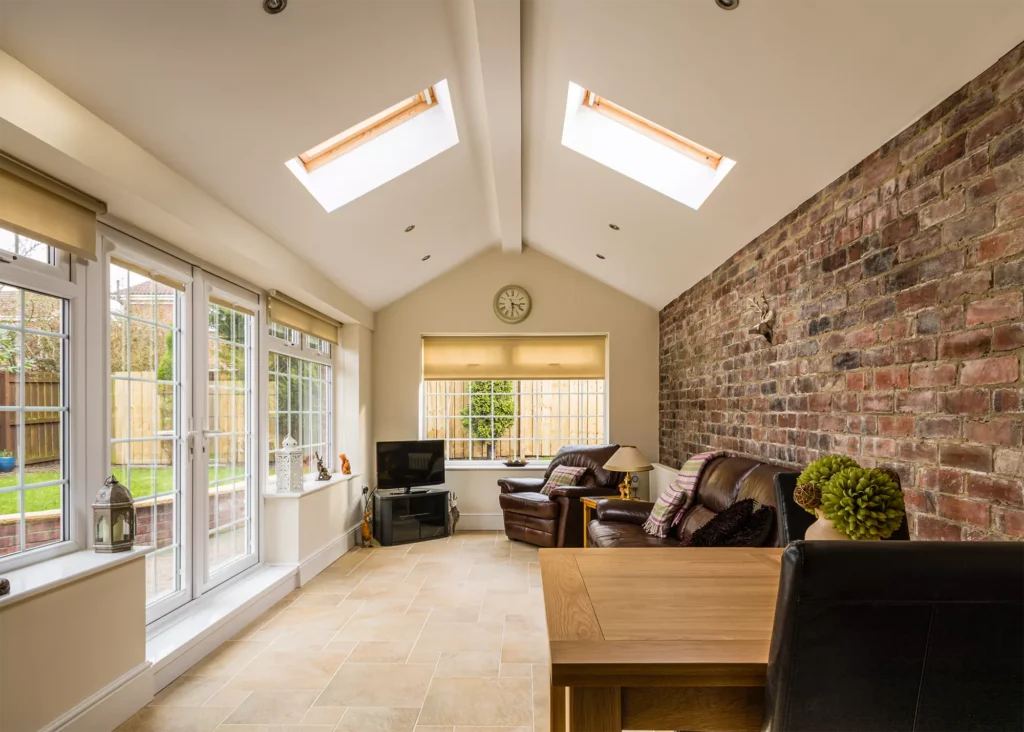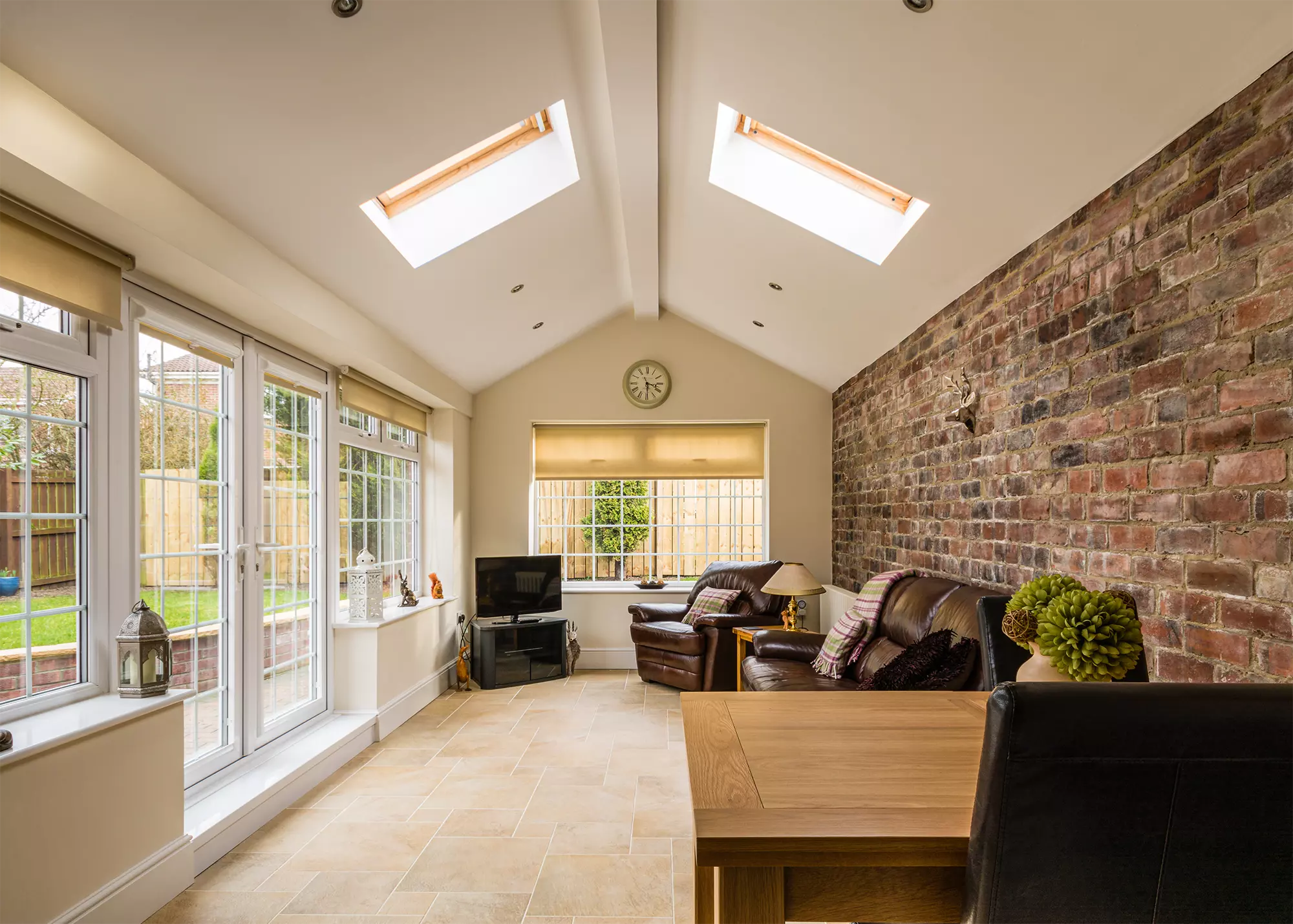Home Extension Insurance: What You Need to Know
Adding an extension to your home is a major investment; both financially and in terms of the effort and passion you’ll put into improving the way your living spaces work for you.
Given everything you’re about to sink into your project, it makes sense to properly protect it against the risk of things going wrong – but you’d be surprised how often that doesn’t happen. Here’s why it’s worth securing the right insurance, contracts and warranties when you take on a home extension.
Will my existing home insurance cover an extension project?
Possibly not. Most home insurance doesn’t cover structural alterations or works worth over £25,000. So, before doing an extension, you need to ring your home insurer and notify them of your plans. If they say they won’t cover the works, then you’ll need to arrange specific site insurance.
This specialist policy will provide protection for the existing structure (including if any damage occurs during the project), along with anyone you engage to work on the build (employer’s liability), public liability, theft, fire, storm damage, plant hire, tools, legal expenses etc.
Can’t I rely on my builder’s insurance for my home extension?
Typically, a contractor’s insurance will only cover them while they’re on site – and will specifically exclude theft, fire and storm damage. Many of these policies will also only provide protection for the new works, not the existing structure. In this scenario, if anything happens to your home while the building work is being carried out, there’s a strong chance you’ll have to pay for the repairs.
You should ask to see the builder’s actual insurance documents to check exactly what’s included and whether their policy is sufficient to cover the construction cost of the project. Often, their limits are less than the price of the building works. What’s more, it may only cover the work they physically carry out themselves.
So, if you have multiple trades and need to make a claim, you will have to demonstrate that one of them is at fault. This involves proving negligence on their behalf. The only other route to recompense would be taking them to court at your own expense and stress.

Adding an extension to your home is a major project that requires careful planning, designing and insuring to prevent any mishaps along the way. Photo: iStock Daverhead
Do I need to have formal contracts with builders and trades for an extension?
This is a must for any project. Don’t go ahead with a scheme based only on verbal agreements or one-line quotes, as this opens you up to the risk of ever-increasing cost hikes. So, put clear contracts in place with all your contractors. These should detail the agreed works to be carried out and a defined schedule (including what happens if things overrun), along with clear information about the quality of materials and workmanship expected.
Delays are one of the biggest culprits when it comes to blowing a budget. They can have huge knock-on effects for future deliveries and deferring trades who have been booked in (and may not be able to return at a time that suits your revised project programme). A schedule of works can be used as evidence if you need to take a contractor to court to reclaim costs.
There are good, reusable building contracts available to buy from a range of reputable sources, including the likes of ContractStore. These set out straightforward templates in plain English, and will benefit both you and your trades in terms of avoiding and navigating disputes.
Should I arrange a structural warranty on my home extension?
Warranties aren’t just for new builds. After all, extensions can significantly increase the size of your property and, of course, they don’t come cheap. What’s more, if you are using a lender to fund the project, they may well require you to secure a warranty on the new works.
Insurance-backed structural warranty policies protect new works against defects that arise in the design, workmanship and materials post-completion. Ultimately, it makes financial sense to get one in most cases. Structural claims tend to be in the £10,000s, whereas the warranty may only cost a few hundred. So, ask yourself whether it’s really worth the risk of not being covered.
| Jake Fitness is team leader at Self-Build Zone, which offers a comprehensive range of specialist self build, renovation, extension and site insurance cover, as well as self build warranties. Call 0345 230 9874 or visit Self-Build Zone for more. |

































































































 Login/register to save Article for later
Login/register to save Article for later













